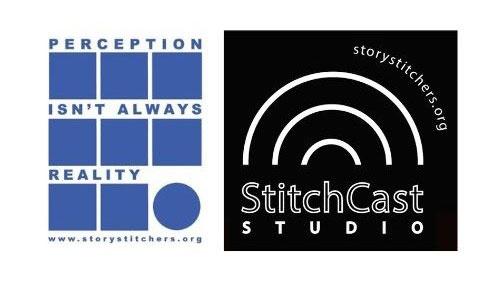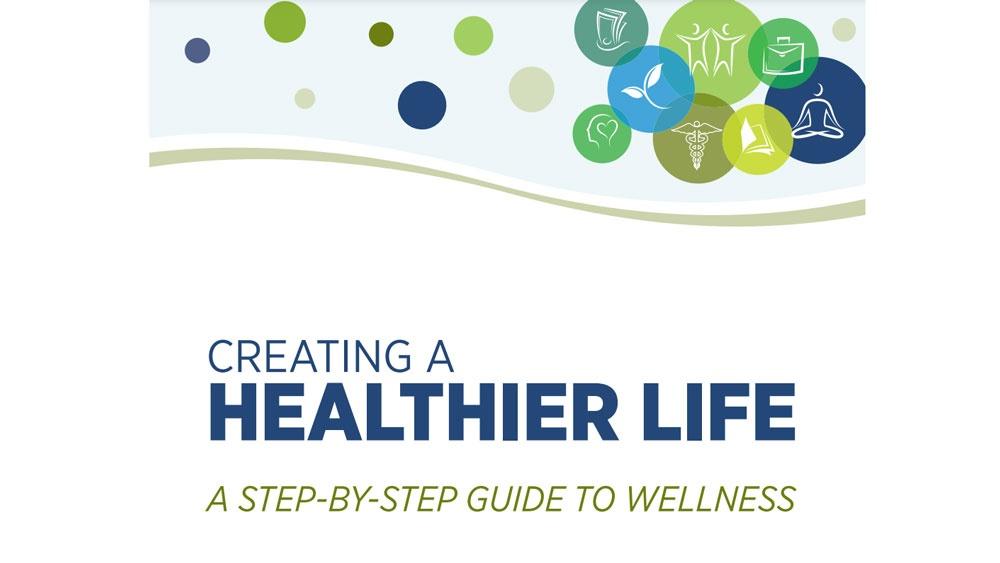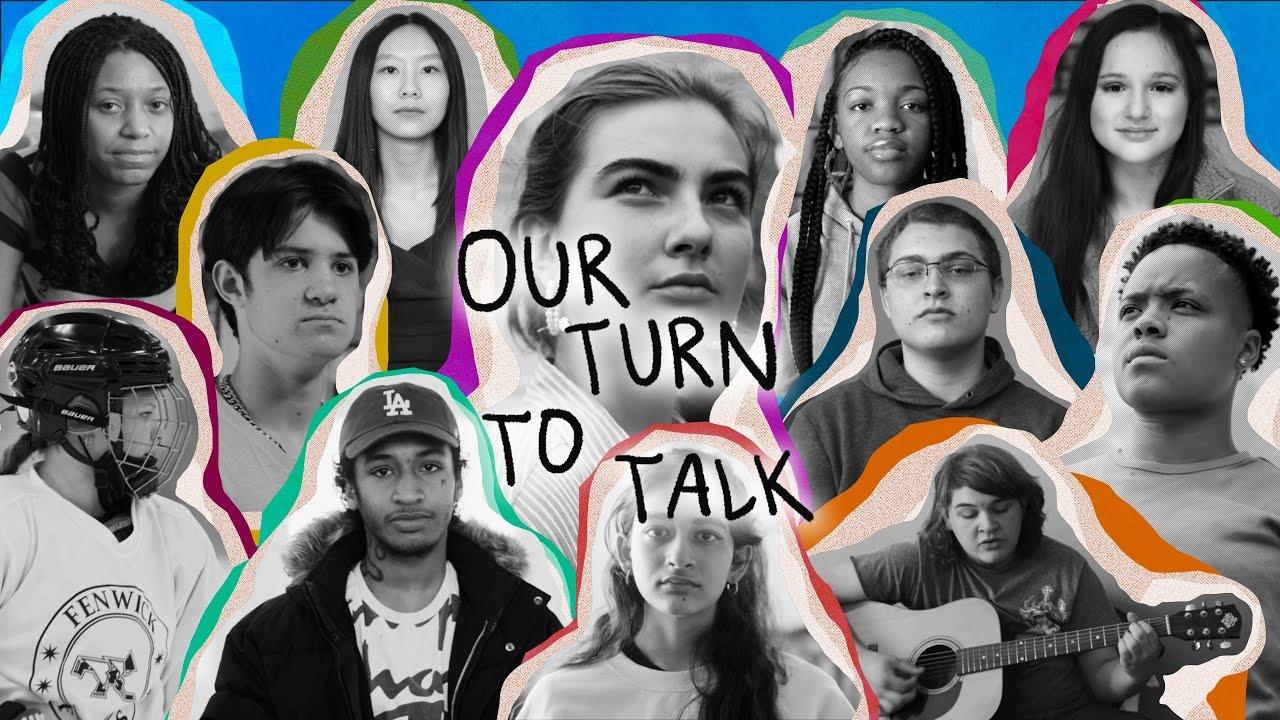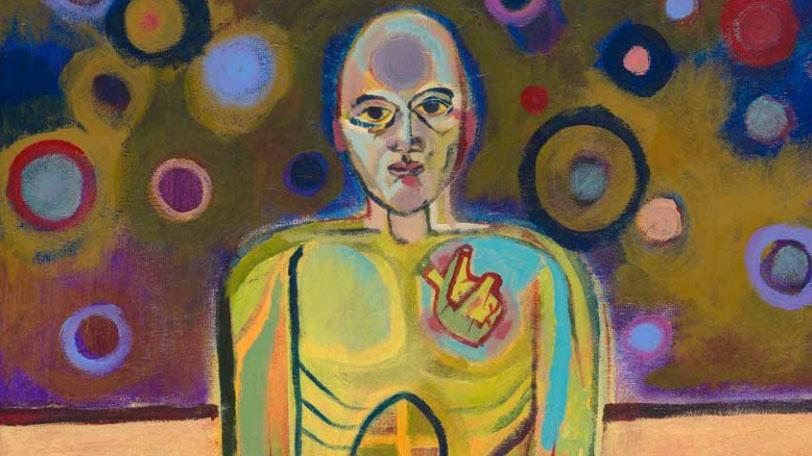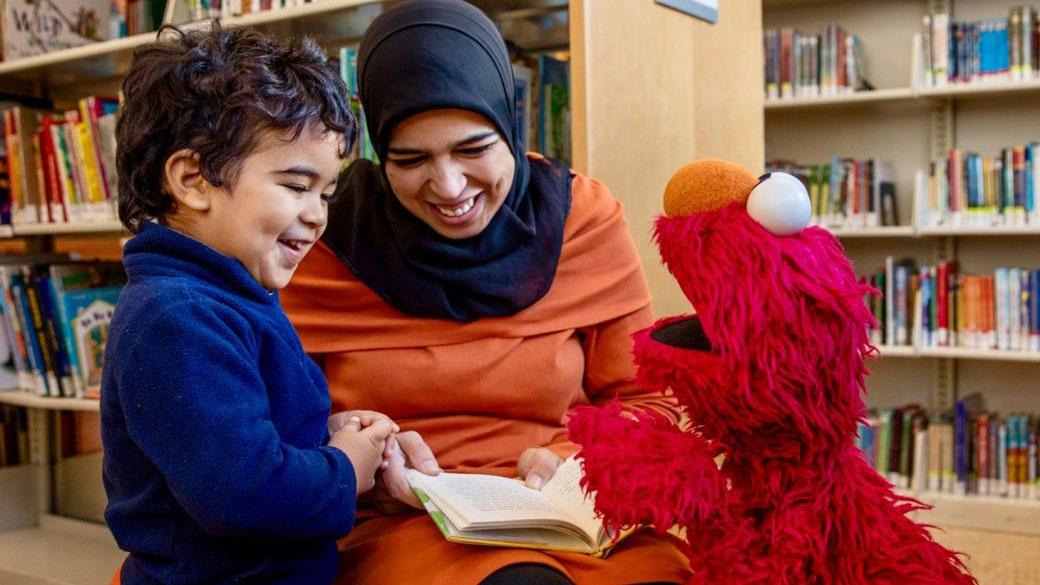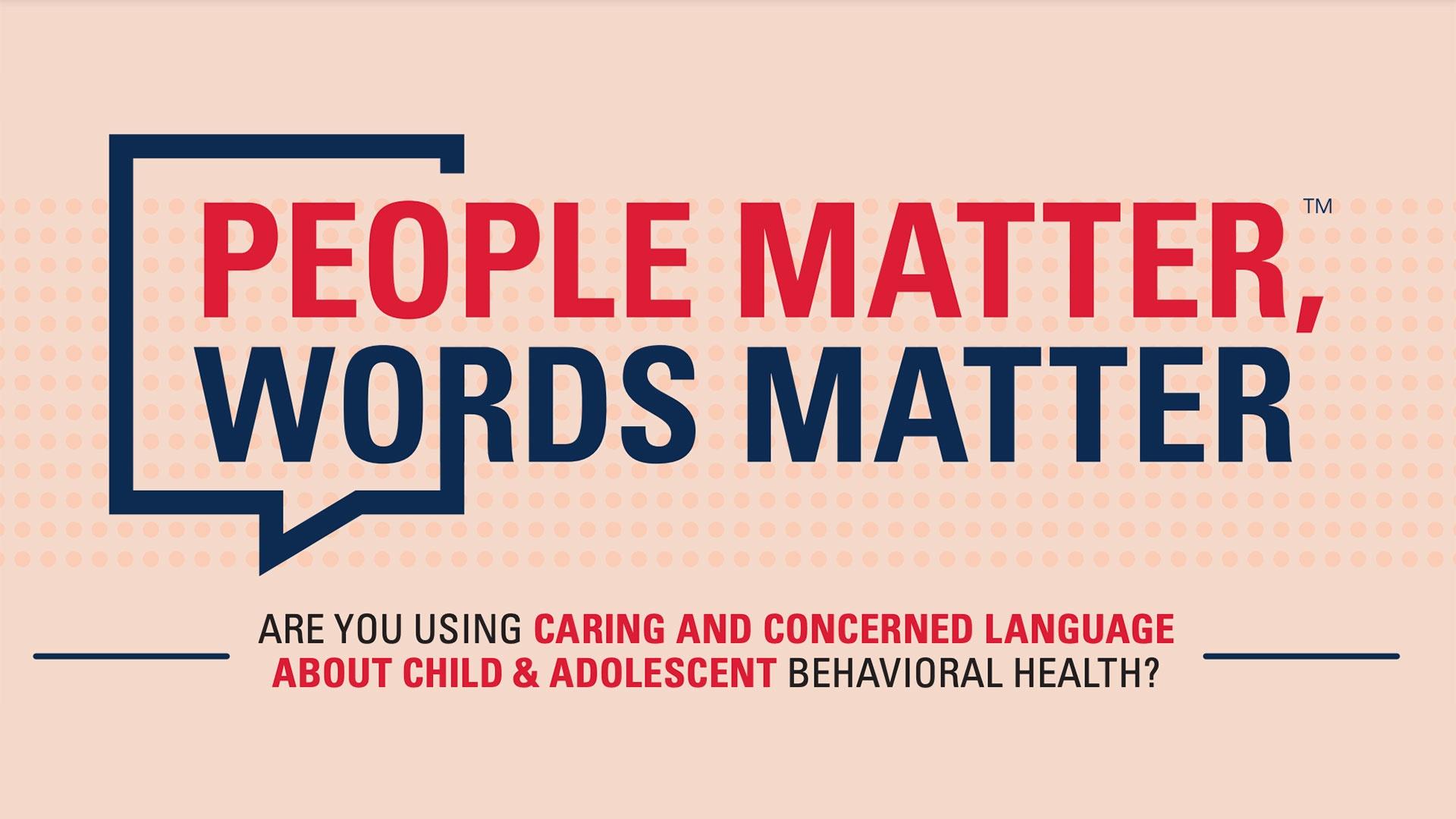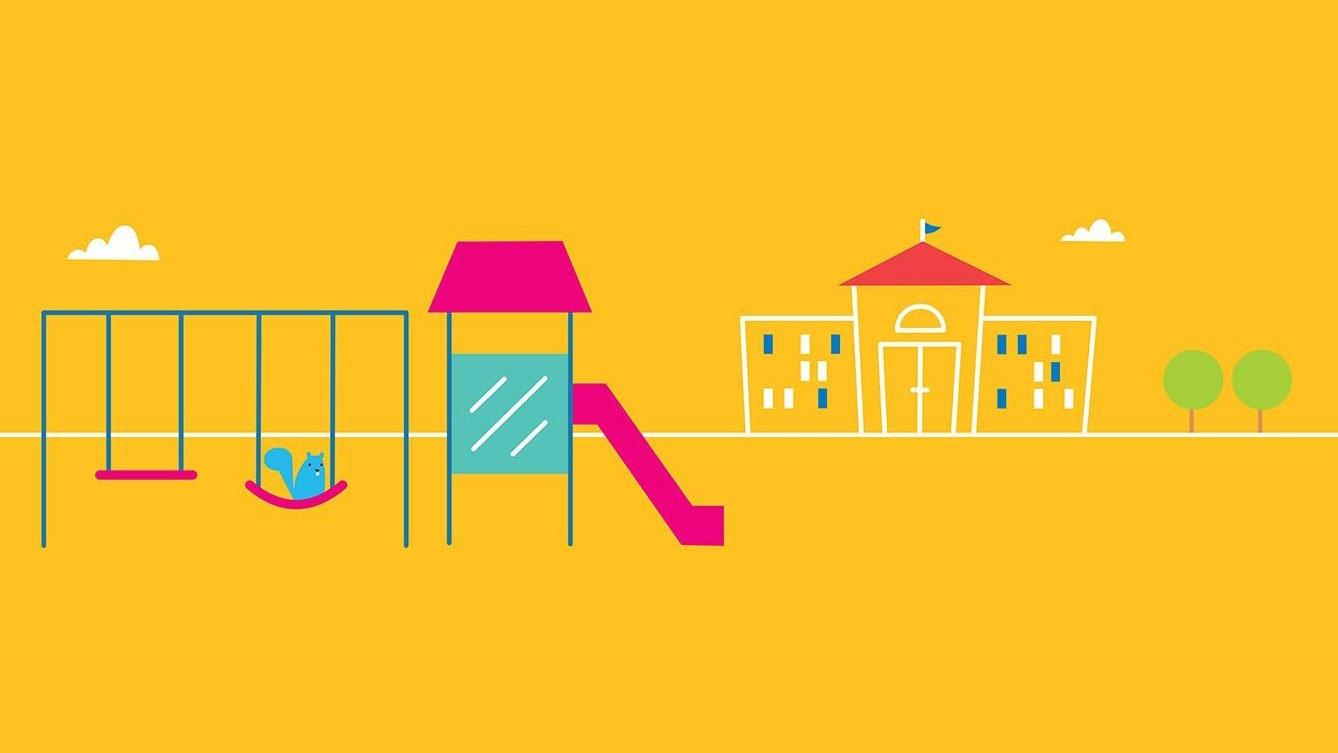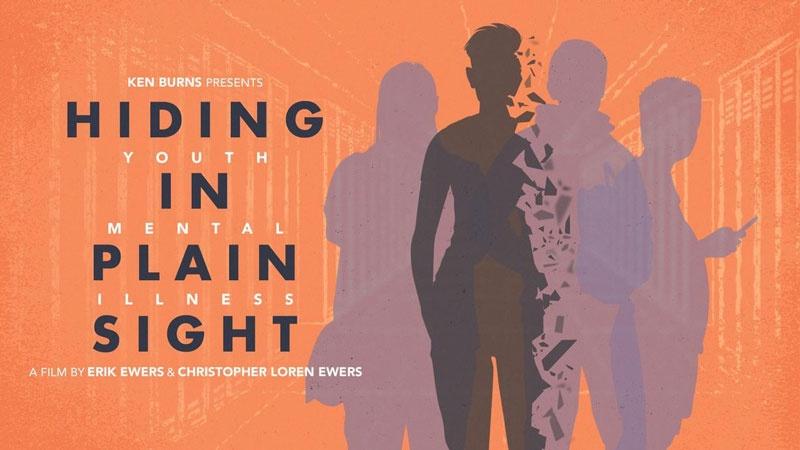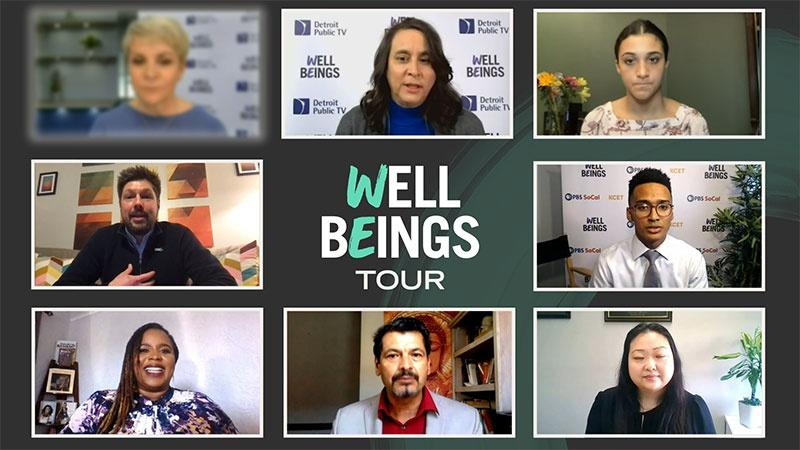This webpage provides information on mental health resources and is not a crisis or suicide response website. If you are in crisis or experiencing thoughts of suicide, please call or text the 988 Suicide & Crisis Lifeline at 988. The service is free and available 24 hours a day, seven days a week.
Resources for Courageous Conversations
Perception Isn't Always Reality: Mental Health | StitchCast Studio Podcast
StitchCast Studio is a podcast produced by Saint Louis Story Stitchers Artists Collective in Saint Louis, Missouri. Story Stitchers is creating a series of public service announcements (PSAs) to help change the stigma around mental health care and provide information on accessing it. In this special edition two-part podcast, Perception Isn't Always Reality: Mental Health, members of StitchCast hold a Story Circle to talk about mental health with community and mental health professionals Christine Watridge and Kirah Dickerson. Click the link above to listen to the podcast and learn more about this PSA campaign.
Creating a Healthier Life: A Step-by-Step Guide to Wellness | SAMHSA
The Substance Abuse and Mental Health Services Administration’s (SAMHSA) Wellness Initiative envisions a future in which people with mental or substance use problems pursue health, happiness, recovery, and a full and satisfying life in the community. This free guide offers a broad approach to wellness practices we can do—at our own pace, in our own time, and within our own abilities—that can help us feel better and live longer. Click on the link above to access the guide directly.
Our Turn to Talk is a digital-first documentary about the mission to end stigma around mental health challenges, starting with the next generation. In this character-driven film, co-producers Principle Pictures and WETA go behind the scenes of a podcast production, bringing together teens from all walks of life to use storytelling to bravely share their mental health journey without fear, shame, or stigma.
Mental Health Language Guide | WETA
The Well Beings Mental Health Language Guide created by WETA equips users with person-first language tools for discussing mental health concerns with youth. Please note they define youth as ages 14-22 years old. Click on the link above to access the guide directly.
How to Talk to Kids about Tough Topics | Sesame Workshop
Caring adults can help kids learn coping and resilience-building techniques to help them face tough challenges like divorce, foster care, grief, and more. Sesame Workshop, Sesame Street's nonprofit educational arm, offers resources, activities, and videos to help families begin the conversations.
People Matter, Words Matter Posters
The American Hospital Association, together with behavioral health and language experts from member hospitals and partner organizations, released a series of downloadable posters to help adopt person-centered, respectful language.
Talking with Kids | ninepbs.org
The following resources support families and educators of young children as they talk, watch, read, and learn about topics including but not limited to feelings and emotions; talking about the news; and race and racism. These resources are free and open for all to use. They have been curated from PBS, PBS KIDS, PBS LearningMedia, and other credible education organizations.
Hiding in Plain Sight: Youth Mental Illness is a two-part, four-hour film that features first-person accounts from more than 20 young people, ranging in age from 11 to 27, who live with mental health conditions, as well as parents, teachers, friends, healthcare providers in their lives, and independent mental health experts.
The Well Beings campaign addresses the critical health needs of Americans through broadcast content, original digital content, and impactful local events. The multiyear campaign, created by WETA, Washington, DC, brings together partners from across the country, including patients, families, caregivers, teachers, medical and mental health professionals, social service agencies, private foundations, filmmakers, corporations, and media sponsors, to create awareness and resources for better health for all.
